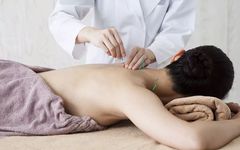Acupuncture has a history in China that predates herbal medicine, and it can be said that the earliest medical technique discovered by our ancestors was acupuncture.
Over two thousand years ago, the classic TCM text, the Huangdi Neijing (Yellow Emperor’s Inner Canon), discusses acupuncture theory and techniques extensively, indicating that acupuncture can be used as a primary treatment method for every disease.
The Yellow Emperor stated: “I care for the people, nurturing them while collecting taxes. I lament their suffering from illness. I wish to avoid toxic drugs and useless stone needles, and instead use fine needles to open their meridians, regulate their blood and qi, and harmonize their entry and exit.”
This clearly indicates that the purpose of acupuncture is to replace medications and stone needles (bloodletting therapy) to treat all diseases.
Advantages of Acupuncture
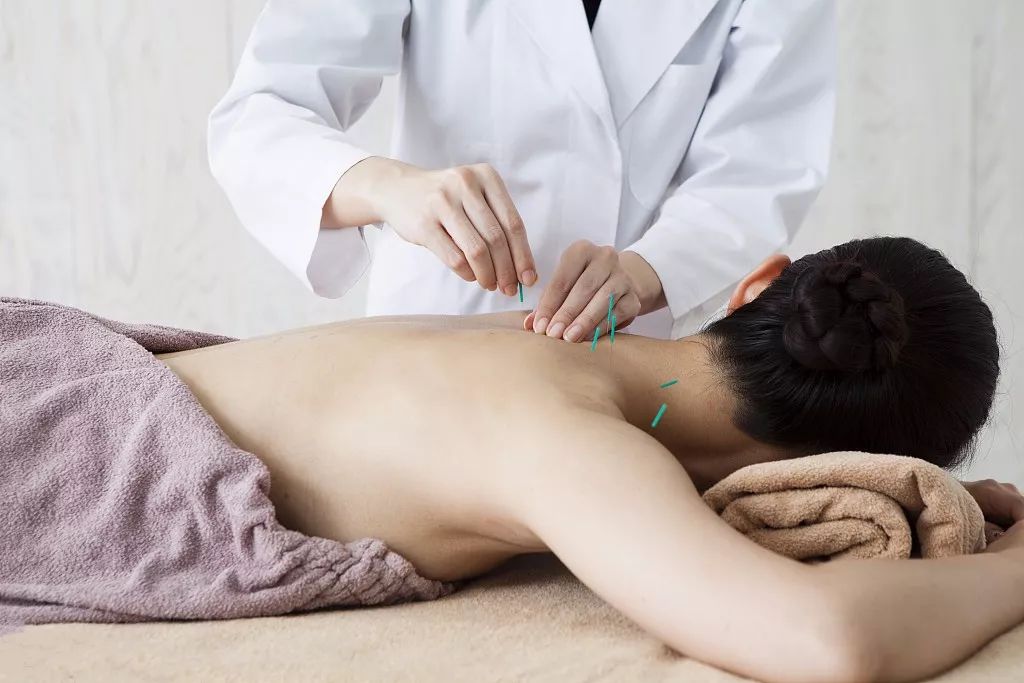
The advantages and feasibility of acupuncture in treating various diseases have led to its clinical application for many difficult and complicated conditions, achieving remarkable results.
It can be said that the benefits of acupuncture in treating diseases are very prominent, far surpassing other treatment methods currently popular in the world.
Acupuncture is a comprehensive medical system with profound theories and subtle techniques. As a TCM practitioner, one must not only understand herbal medicine but also be proficient in acupuncture.
To achieve excellent clinical outcomes, one must be well-versed in acupuncture techniques.
1. Rapid Effectiveness
Regardless of any chronic or stubborn illness, most patients feel relief and comfort after acupuncture.
The Huangdi Neijing mentions the efficacy of acupuncture: “Its effects are as swift as the wind blowing the clouds, clear as seeing the blue sky.”
Ancient people compared the effects after acupuncture to the swiftness of the wind blowing clouds.
The main reason is that acupuncture directly acts on the acupoints, transmitting through the meridians, connecting to the skin and limbs externally, and linking to the internal organs, thus achieving immediate relief from symptoms.
Moreover, acupuncture has advantages in treating acute conditions. Especially for symptoms that are very pronounced, such as various acute pains, hypertensive crises, spasms, inflammation, asthma attacks, etc., immediate effects can be obtained. This is unmatched by any other medical methods.
Since two thousand years ago, acupuncture has been an important treatment method for acute conditions.
However, in recent years, people have become skeptical of acupuncture, unaware that it can be used for emergency treatment, which has unfortunately delayed many patients’ conditions.
What is an acute condition?
It is a sudden imbalance of yin, yang, qi, and blood in the organs caused by various reasons. Acupuncture has the effect of balancing yin and yang and harmonizing qi and blood, thus it can treat acute conditions.
The more pronounced the symptoms, the easier it is for acupuncture to achieve results. In clinical practice, many acute conditions, including various pains such as lower back pain, trigeminal neuralgia, toothache, headache, parotitis pain, shingles pain, sciatica, stomach pain, abdominal pain, neck pain, etc., can be alleviated immediately with acupuncture, with many patients reporting that the pain disappears even before the needle is fully inserted.
In cases of acute asthma attacks, needling three ear acupoints can stop the attack immediately, with effects no slower than Western medications. For children with high fevers, a single acupuncture session can reduce fever that same night; such cases are numerous. During hypertensive crises, when blood pressure rises above 200, acupuncture can bring it down immediately, alleviating dizziness, which is very effective for stroke prevention.
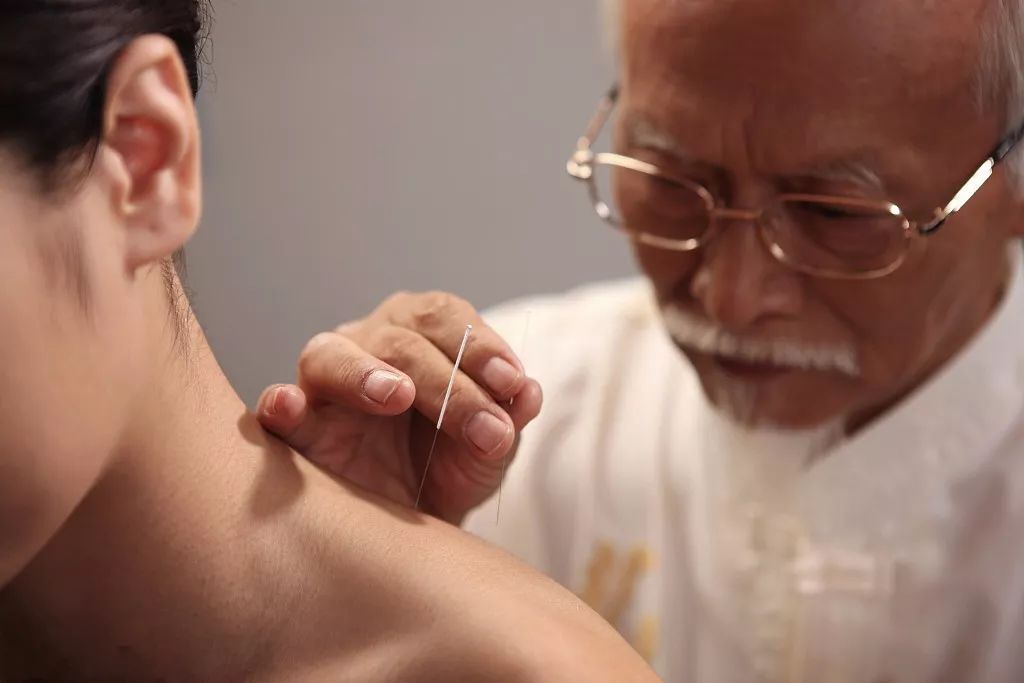
2. Convenience
With just one needle, pain can be alleviated immediately, without the need to buy medicine or prepare decoctions, making it an extremely convenient treatment method. Especially in critical moments of emergency, the advantages of acupuncture are very clear.
For example, during the acute phase of a stroke, immediate acupuncture treatment by family members can save the patient’s life and significantly reduce sequelae.
It can be said that acupuncture excels in treating various clinical diseases.
The World Health Organization recognizes that acupuncture can treat nearly three hundred diseases, including sub-health states, acute diseases, pain syndromes, various complicated conditions caused by organ dysfunction, and mental disorders (psychological diseases), etc.
In other words, acupuncture can not only treat functional diseases but also has restorative functions for substantial organ damage.
Some may doubt how acupuncture could possibly treat substantial damage to organs.
In fact, acupuncture treats diseases by regulating the qi mechanism through the meridians, where yang transforms into qi and yin takes form. When yang qi is transformed, yin essence can naturally take form, allowing substantial damage to be repaired and diseases to be cured. Patients with breast lumps have reported complete disappearance of lumps after acupuncture treatment.
For thousands of years, acupuncture has created countless medical miracles in clinical practice. What reason is there to doubt acupuncture? Patients often remember acupuncture only when Western medicine fails; why not use acupuncture early to prevent problems before they arise?
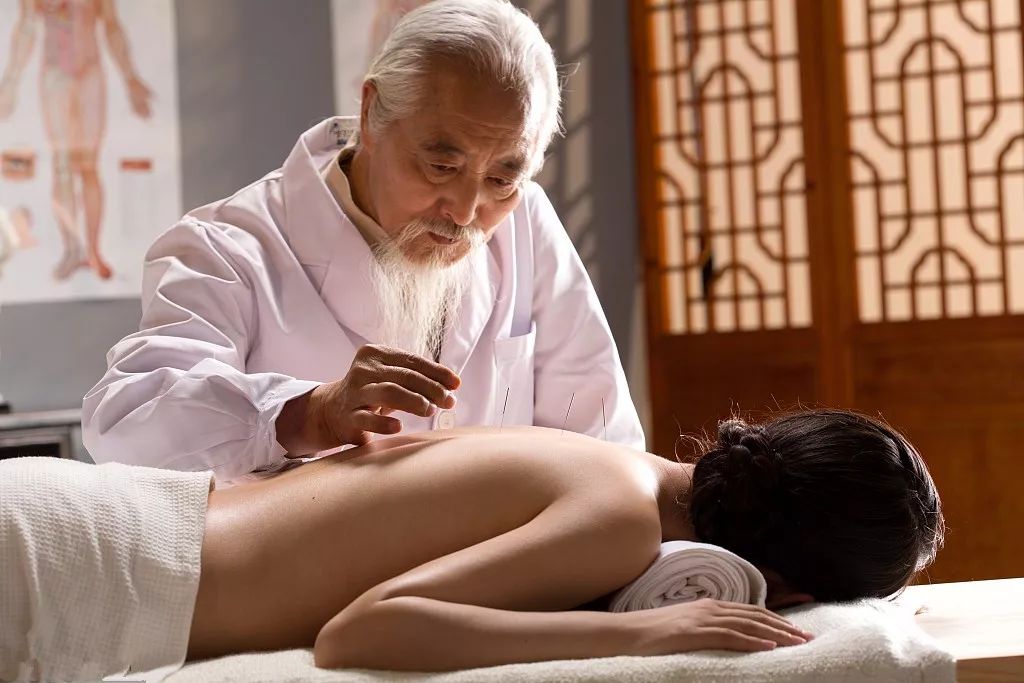
3. Sophistication
Acupuncture represents the highest realm of traditional Chinese medicine. If medicine can create miracles, I believe acupuncture is the foremost.
The key to acupuncture treatment is the smooth flow of qi. The rise and fall of qi (qi mechanism) is life itself. Acupuncture adjusts the qi mechanism, thereby adjusting the state of life.
This can be confirmed not only theoretically but also in clinical practice, where the miraculous effects of acupuncture in treating various diseases can be experienced. It can be clearly stated that the capabilities of acupuncture in treatment are unmatched by Western medicine or herbal medicine.
It should be noted that a good medical method must meet several essential conditions:
1. Minimal or no toxic side effects.
2. Applicable to various clinical conditions.
3. Convenient and safe to operate.
4. Possesses a certain level of scientific validity, repeatability, and potential for widespread promotion and advancement.
Acupuncture meets all these conditions!
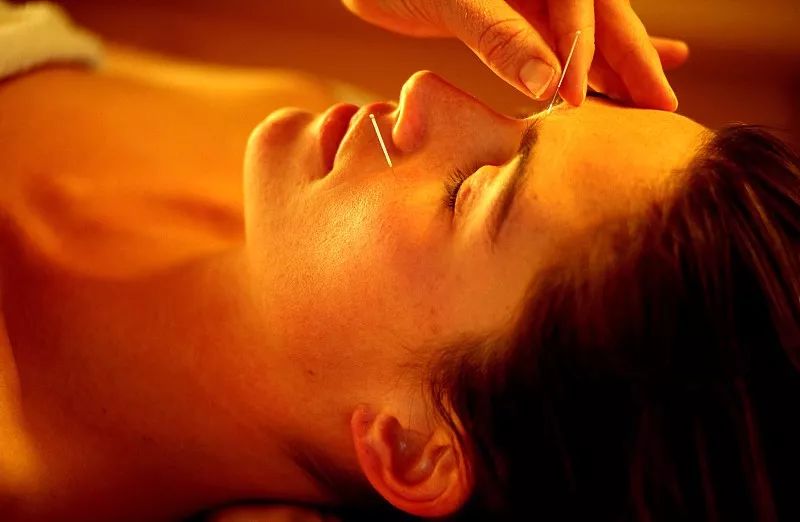
4. Natural
Acupuncture is a true natural therapy.
Currently popular natural therapies advocate the use of nutritional therapies and natural animal, plant, and mineral substances to treat diseases, but they still rely on external substances. In contrast, acupuncture utilizes the body’s own qi to treat diseases, completely based on the physiological mechanisms of the human body.
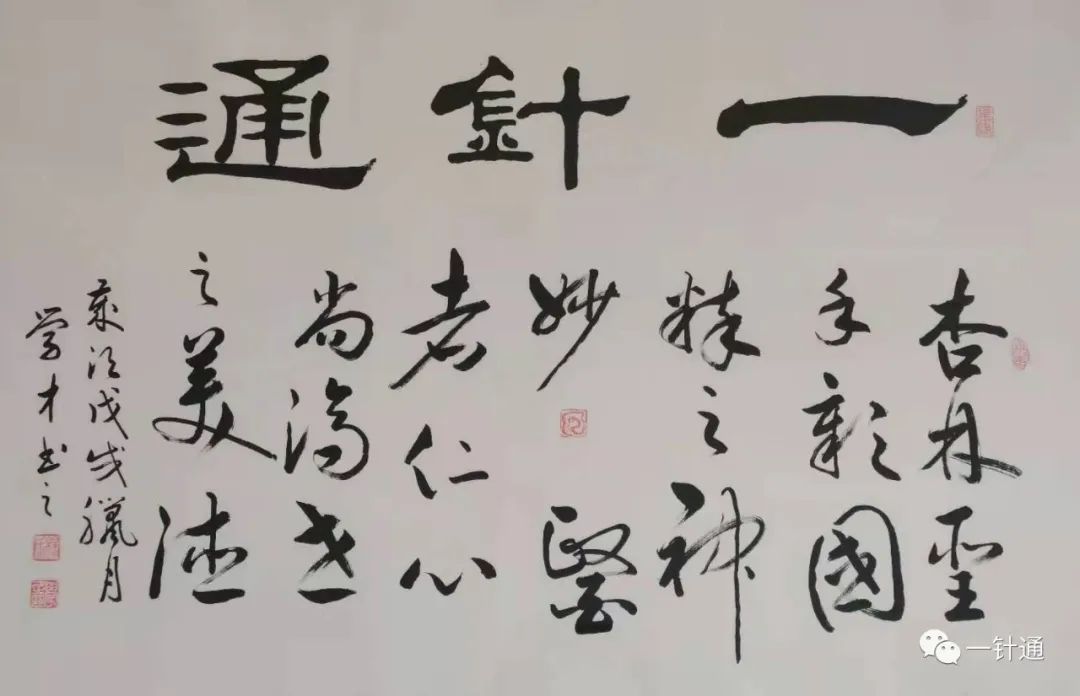
Copyright Notice: 1. This article is sourced from the internet, and the content represents the author’s personal views, intended for clinical thought reference only. Non-professionals in TCM should not attempt to use the herbs. 2. Copyright belongs to the relevant rights holders. Respect knowledge and labor; please retain copyright information when reprinting. If there are any improper uses, please feel free to contact us for removal.

